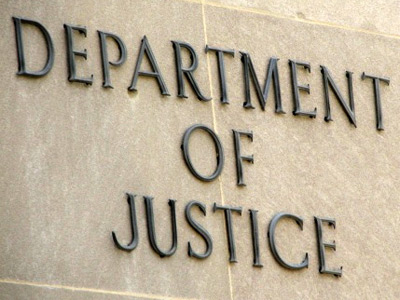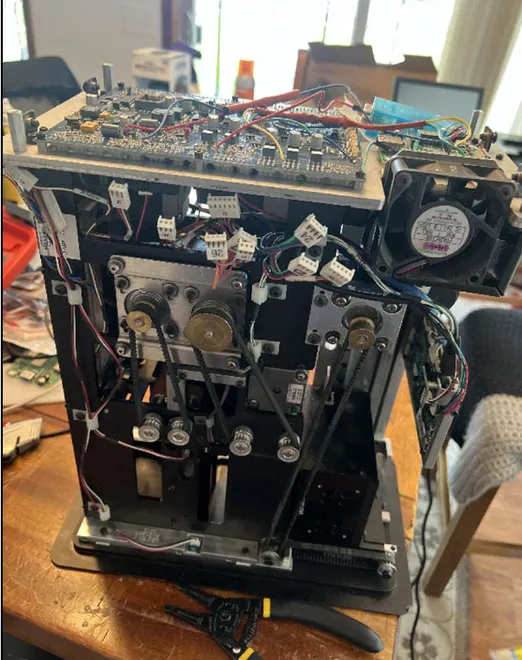 By Zack Cohen
ticklethewire.com
By Zack Cohen
ticklethewire.com
WASHINGTON — It’s being satirically dubbed the“war on toner,” a phrase that reflects experts’ skepticism about the U.S. response to al Qaeda’s failed bid to blow up U.S. bound planes with explosive-packed ink cartridges.
In other words, the response is hardly sufficient, some experts insist.
“In typical TSA fashion [the measures] are reactionary,” said Kevin McCarthy, a consultant to the Department of Homeland Security’s Homeland Institute. “We already know what we can find and what we cannot find and we are not very good at it,” he said. We need to “look for the intelligence, the trigger, the other parts of the equation.”
Specifically, the U.S. has banned all ground cargo from Yemen and Somalia and adapted new rules for inbound cargo to reflect the latest intelligence. No high-risk cargo will be allowed on passenger aircrafts and toner and ink cartridges over 16 ounces are banned from checked and carry on luggage from domestic and international flights bound for the U.S.
There are plenty skeptics who scoff at the idea that limiting the size of an ink cartridge will do much good when it comes to fending off a terrorist attack.
And implementing more intensive measures along those lines will only create a false sense of security, according to Chris Battle, a former deputy for the Department of Homeland Security.
For one, he said, the perception that the government is catching everything could result in focusing too much on technology and not enough on intelligence gathering and risk assessment.
“The U.S. Congress seems to be the only entity in the world that thinks you can adequately screen 100 percent of all cargo coming into and leaving the country,” Battle said. “It should be remembered that the explosives were not detected by technology but through intelligence.”
Terrorist plots involving air cargo have become a reoccurring issue for TSA and the Department of Homeland Security since the Sept. 11 attacks.
DHS Secretary Napolitano recently described it as a “global-ever-changing threat environment.”
Battle said the government needs to implement a security model that uses screening and data intelligence to make decision about where to most effectively focus resources.
Still, he said several federal agencies which are unwilling to share intelligence for fear of leaks could make it tougher to to distribute information to businesses and local law enforcement.
“Some people in Congress seem to view American business as the enemy rather than al Qaeda,” said Battle. “There’s no way government can do this job alone, not in today’s global trade environment.”
The debate over information sharing between with the private sector and air freight operators has dated back to the Clinton and George W. Bush administrations.
In 2002, Kevin McCarthy was asked to draft a document on how to build a program for airfreight operators to facilitate public and private partnerships and share information.
“They took the document, said thank you very much, and, for what I can figure, they threw it in the trash,” said McCarthy. “They did nothing.”
Despite the skepticism, DHS claims that steps are being taken to facilitate information sharing.
“The Administration is working closely with industry and our international partners to expedite the receipt of cargo manifests for international flights to the United States prior to departure in order to identify and screen items based on risk and current intelligence,” said Napolitano in a recent statement.
According to one White House official, DHS plans to meet with members of the hotel and airline industry to implement programs to teach employees how to recognize and react to potential terrorist threats.




